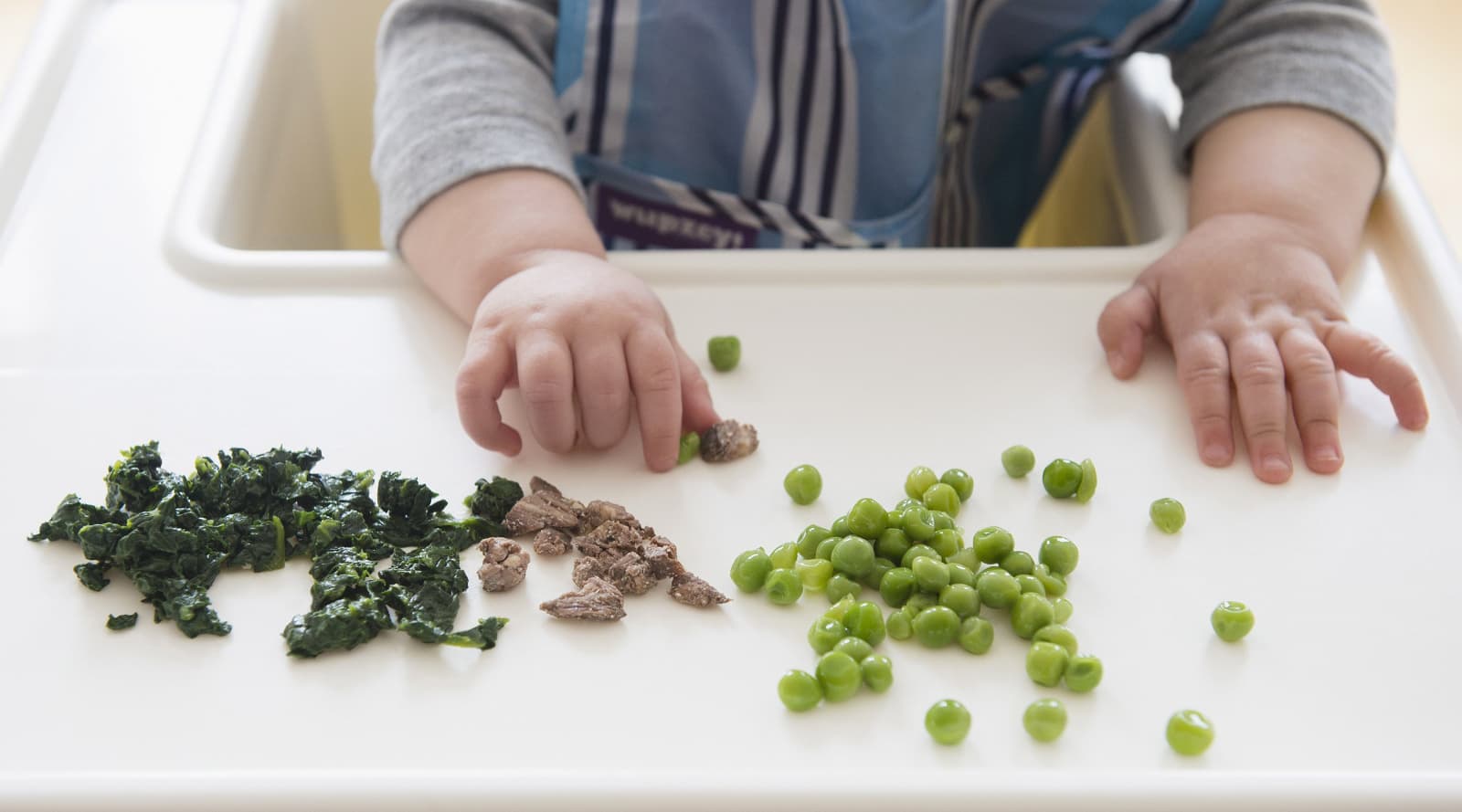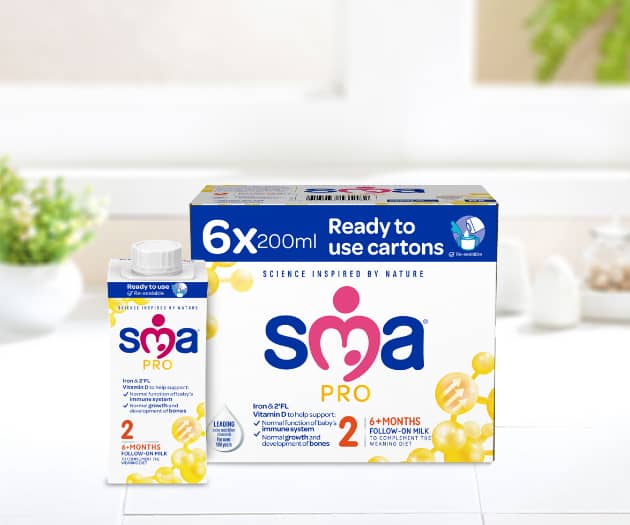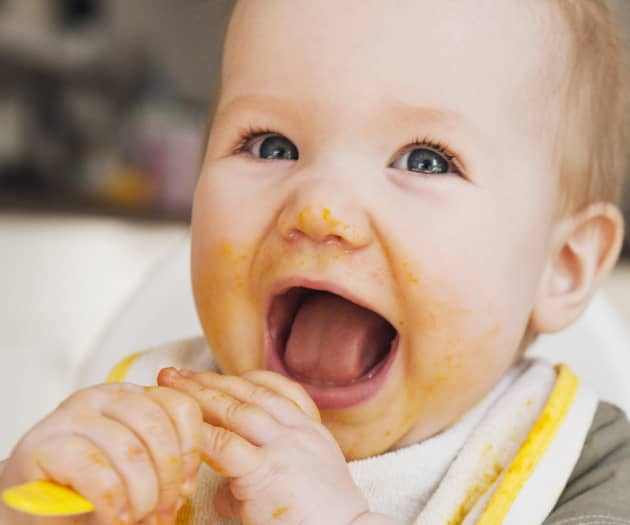At a glance
Our gut is home to many trillions of ‘friendly’ bacteria, known as our gut microbiome.
70-80% of all immune cells are in or near our gut.
Early life is an important time in gut and immune development.
Eating a healthy and balanced diet is a great way to support gut health for both parents and children.
What is gut health?
The health of our gut can influence our whole body, and our gut is very closely connected to our immune system. Good gut health also means having regular and painless bowel movements, and enjoying a life free of discomfort from symptoms like bloating or cramping.
All of us have probably experienced how unpleasant it is to have food poisoning, and that the symptoms involve more than just the gut, with accompanying tiredness or fever for example. Some of us will have experiences of food allergies or gut diseases which cause discomfort and distress. This can include knock-on effects such as having limited food choices at restaurants, or needing to ensure there are bathroom facilities available nearby.
There are also close links between our gut health and our mood. We might talk about having a ‘good gut feeling about someone’ or describe having ‘butterflies in our stomach’ when feeling nervous. This is more than just a turn of phrase, with growing scientific evidence linking our gut and brain, such as the links between irritable bowel syndrome and depression.
Why is gut health important?
Our gut has several important jobs – the one we are probably most familiar with is digesting and absorbing the food that we eat. If our digestion is not working well, we lose opportunities to get nutrients from our diet. If we are unable to absorb the nutrients that we eat, we can be at risk of deficiencies, or experiencing discomfort as undigested food moves through our gut.
Our gut is home to many trillions of ‘friendly’ bacteria, known as our gut microbiome. These bacteria use the indigestible fibres we eat for their energy, and in return produce vitamins and other small molecules which benefit our health. The pattern of bacteria we each have is quite individual, and is affected by the food we eat and the lifestyle we lead.
How does gut health support baby’s immune system

It has been estimated that 70-80% of all immune cells are in or near our gut. These immune cells have to carefully balance being ready to mount a strong and effective immune response if an infection like salmonella is detected, with tolerating a range of ‘normal’ foods without starting an allergic reaction.
There are specialised immune cells which monitor our gut contents, sending messages to other nearby immune cells if action is required. Our immune cells also send molecules into our gut, including antibodies which can coat harmful bacteria and make it easier for them to be identified and destroyed.
Early life is an important time in gut and immune development. Your baby will be exposed to your natural gut and skin bacteria during birth, and then to the friendly bacteria found in breastmilk. We now know that these early exposure have links to health outcomes seen later in life, such as the risk of allergies or of being overweight in childhood.
It is important to remember that the way your baby is born or fed in the earliest days of their life is just one small piece of the puzzle which determines their health. There are a number of other factors such as your family history of allergy, whether you live in a rural or urban area, if you have other children in the house, and whether or not you have pets at home!
How can I support gut health for me and my baby?
Eating a healthy and balanced diet is a great way to support gut health for both parents and children. Fruits, vegetables and wholegrains provide fibre, vitamins and minerals. Fibre in our diet helps to ensure comfortable bowel movements, and also provides our gut bacteria with fuel.
Some people chose to take supplements or eat foods rich in ‘friendly’ bacteria – these are known as probiotics. Examples of probiotics are yogurts and fermented milk drinks, or foods such as kefir. Human breastmilk contains it’s own unique friendly bacteria which is important in supporting your baby’s gut bacteria.
Probiotics can influence gut health, with studies showing that they can be used to both prevent and treat diarrhoea in infants. There are also effects beyond the gut, with strong evidence to show that the infants of mothers who were given probiotics during pregnancy were less likely to get eczema in their early years of life.

Parents can help to support their baby’s gut health by making sure they provide a variety of age-appropriate foods for their infants, and ensuring good food hygiene to prevent avoidable possible illness or infection. Infants in the UK & Ireland are also vaccinated against the common childhood illness called rotavirus, which causes diarrhoea in young children. Parents have an important role in demonstrating patterns of healthy eating for their baby. Share your enjoyment of healthy foods with your baby, and let them experiment and experience new textures and flavours.
Dr Caroline Childs is Lecturer in Nutritional Sciences at the University of Southampton. Dr Childs’ is a leading global expert in gut microbiome and the immune system.










